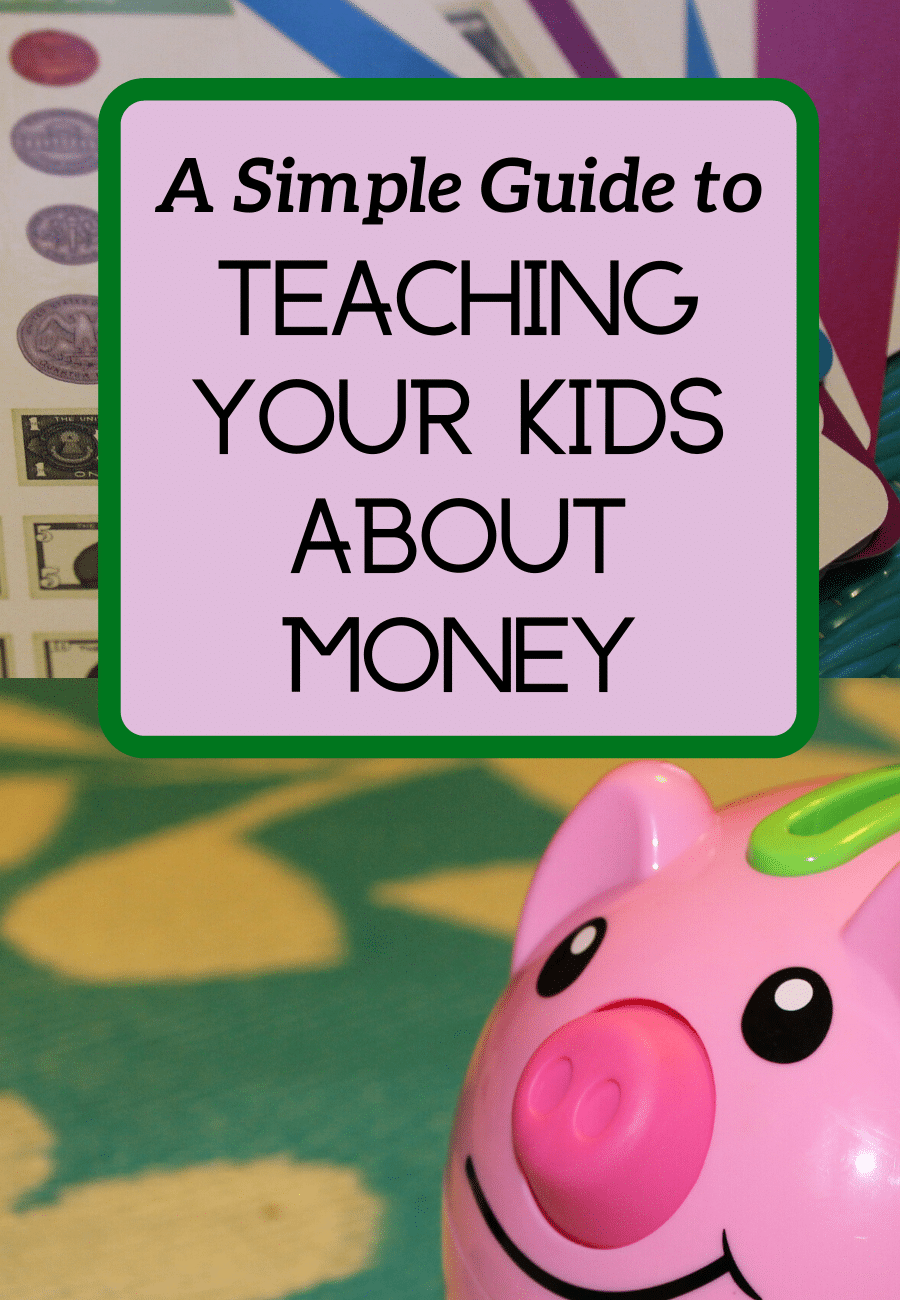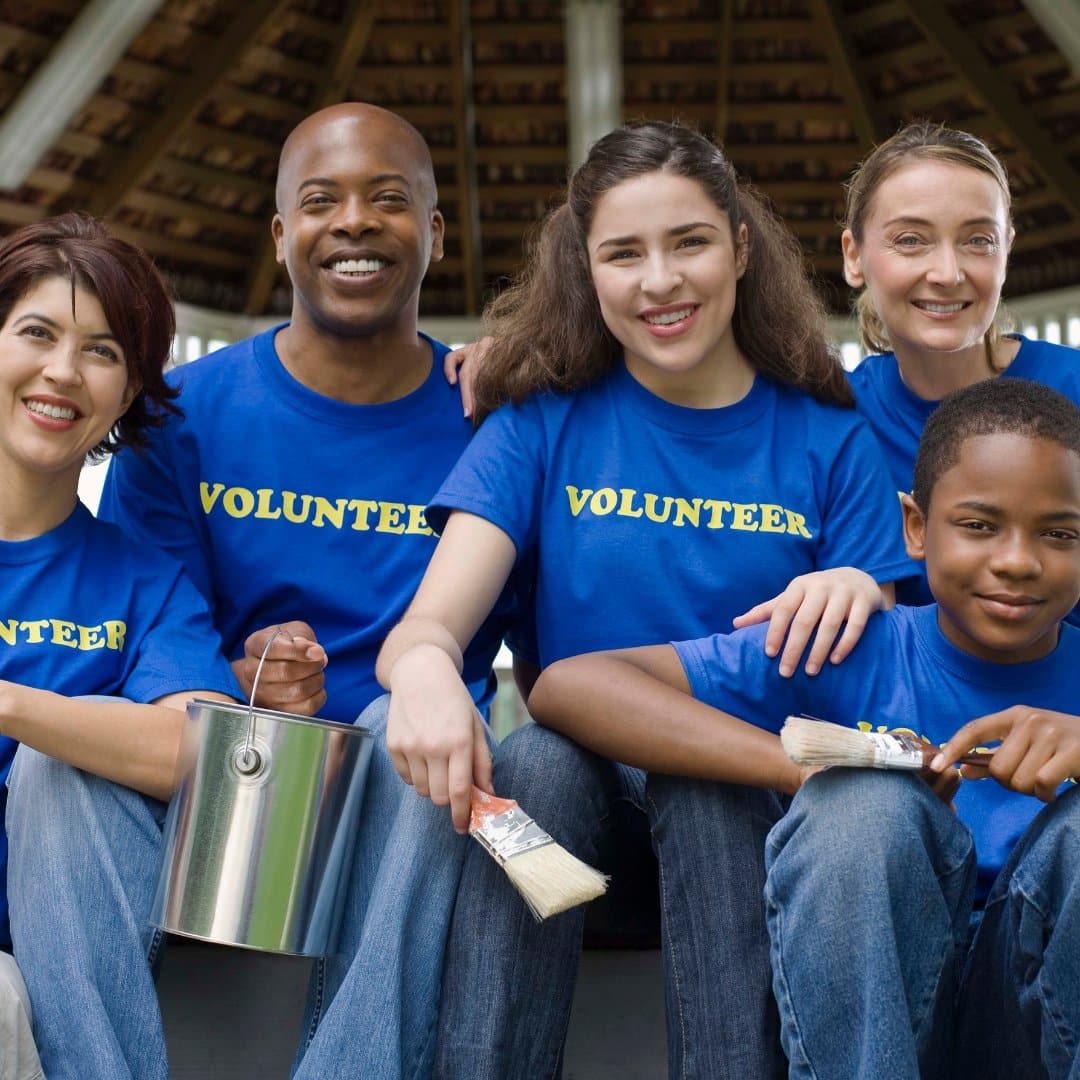
by Mark Garro | Inspirational
If you’ve read some of my posts prior to this one, you already know this first part of my story: I’ve been blogging for nearly twenty years (!!) but only started doing it “seriously” (i.e. for profit) in November of 2015.
I don’t know what the weather is like where you’re at, but it’s FINALLY (sorta) starting to feel like Fall here in Illinois. And with Fall comes those memories of last year…
Desperately wishing to quit my 9-5.
Hating having to bring my kids out in the cold weather every day and physically feeling my heart rip each time I had to leave them crying at daycare.
Making only $2.70/hour after paying for said daycare.
Having this ache, this KNOWING, that I was meant for more but instead trudging forward through the sludge of what I was “supposed to do” vs. what I WANTED to do.
Then on Nov. 18th, ever so quietly, I hit “publish” on my very first TG post: A Review of InboxDollars
Little did I know that less than 5 months after that, I’d be quitting my career in Higher Education to work from home full-time as a blogging mentor and online business strategist.
I say this not to brag, but to encourage YOU to follow YOUR dreams. To celebrate your strengths and listen to your heart. Don’t waste years and years doing something you hate, or even just something you feel “meh” about.
Time passes you so quickly, with no real knowing of when it might end, so why waste another day feeling anything less than your best?
You were given your dreams and passions for a reason and they deserve more than just a passing glance as you once again shove them into the darkness. I know what it’s like to think your goals are unreachable, merely childish whimsies and fantasies, but I promise you, you CAN get there if you actually take a moment to acknowledge them, to say “Yes, I WILL do this.”
I’m living proof that anything can happen, so long as you keep trying.
It is NEVER too late to do better. To find your joy, to love your life, and to live each day as it comes, simply grateful it arrived.
Make today (yes, today) a wonderful one. You’ve got this.
(Sidenote: I wrote this post on November 9th 2016 and if I can stay optimistic even on the darkest of days, so can you!)
What dreams will you acknowledge today?

by Mark Garro | Parenting, Inspirational, Thrifty Tips
It’s never too early to teach your kids about money. You can do this in a number of ways and I’m of the opinion that it’s never too early to start. By teaching your children to be frugal, it’ll not only be easier for you to also maintain that lifestyle, but it sets them up for a happy life of financial freedom as they grow and teaches them the importance of earning what they have.
How to Teach Kids About Money
What is Currency (in a child’s world)
Children are natural hoarders – I have two and they tend to be incredibly touchy about stuff in general. For kids, currency tends to be candy, toys, or markers, but the lesson is still the same: even damaged goods may be worth keeping, to a certain point. My son can tell when a crayon or marker is done-done, but as long as it writes, it’s still good, even if it’s leaking and mangled. If it’s not writing great or drying out, his first cry is “mama, fix it!”.
As adults, this isn’t usually the case. With the simplicity of ordering things online, when modern Americans hit a certain level of difficulty or frustration, it’s seen as easier to toss and buy new than it is to fix or slightly lower our expectations of functionality. If a pen skips a line or two, we might scribble quickly to revive it, but often we just toss it and get a new one.
As a “millennial”, I grew up in the wake of the Boomers, who grew up in the wake of the Greatest Generation. Our grandparents had to scrape and save, and a combination of work-ethic and frugality made them wealthy by today’s standards. Our parents inherited the windfall economy but didn’t need the extreme dedication to hard work and frugality (that’s not to say they didn’t possess it, but they didn’t need it like our grandparents) and they reaped the harvest of our grandparent’s hard work. Now, after the Great Recession, the Millennials are faced with economic difficulty, not necessarily on-par with our grandparents, but on a level that far surpasses that our parents faced when coming-of-age.
Instead of griping about this, however, we should embrace our grandparent’s zeal for success, work-ethic, and frugality, and then further instill that into our children. Let’s break the cycle that we’ve so often seen for generation after generation.
Mindful Spending
The first is a matter of being mindful that we create our reality by our reaction to external forces, and if that seems like new-agey hokum, understand right now that it’s not. If something doesn’t live up to your preconceived notions, then it’s possible that your notions need changing and that ridiculous expectations are the cause of more hurt and disappointment than anything else.
With that said, let’s focus on helping our children come into life ready to face adversity head-on instead of being crushed when reality falls short of their expectations. Fortunately, this means reinforcing just a few things that kids are already pretty good at doing.
Kids Are Natural Hoarders
My kids love all their toys and they never want to part with them. My son will lose his mind when his sister starts playing with something he hasn’t touched in five months. A few months ago I tossed out a broken-ish toy and he saw it and gave me the third-degree as to why it was in the trash. He’s two and can articulate a series of accusatory questions better than most adult detectives, at least when it comes to “why is this in the trash”? He has recently discovered a love for “coins” – any change he finds on the ground or is given to him by cashiers when we’re out and about. Because of this, my husband bought him a little pink piggy bank and he now keeps his new coins in that. He also plays with the “baby piggy”, but he’s gained this interesting appreciate for hoarding his coins in a new way.
Is he too young to understand the concept of saving? Well, on a semantic level, yes, as the meaning of coin is just an object to him and he doesn’t understand that they stand for purchasing power, but planting the idea of hoarding them as precious, or rather reinforcing it (children are natural dragons might have been a better section title) plants the subtle psychological seeds that will grow into a strong concept of growing wealth later on in life.
Reinforce Their Causal Loop
Young children are just learning cause and effect, but as they do, reinforcing these behaviors is a great way to increase their frequency. A treat for using the potty or learning their alphabet is a pretty common concept, but I’m a firm believer in the allowances-for-chores method of exchange.
Young children might not be doing “chores” per-se, but getting them to pick up before bed or “help” to put away clothes while you’re doing it is a lot easier when they get something tangible for it.
When a kid learns the value of money, the true value of it to them will be in correlation to how hard they had to work to get it. If they simply get money for existing, they’ll never know what it really costs. I know a lot of kids who grew up without a part-time job during high school or even college and that still blows my mind. I had my first job at 12 (newspaper delivery) and I very much believe that contributed to the amazing work ethic I have today.
Teach Them The Price of Being Spoiled
I don’t think that any parents aims to spoil their child, but it does happen. When your child begs for something at the store and threatens a tantrum, a lot of us will cave and just grab it to avoid the insanity of the floor-screaming demon that possesses our kids.
Rather than just give in to them, kneel down and actually talk to them (ideally before they go into the “shiny-thing-must-have-ok-now-I-scream” scenario). Let them know that if they want whatever at the store, that you’ll need to take some of their coins. You can practice this concept with play money around the house, making a kind of game out of “buying” things like tv time or small treats. Understanding their resources are finite and there might be something better to “spend” on later is a huge step towards understanding the importance of frugality and careful spending.
Help Them Help Others
I’m a huge advocate when it comes to volunteering with children, especially since they have a natural tendency to want to help, particularly if they’re encouraged. By showing them that helping others is a great thing, you take their focus off their own short-sighted wants and needs. By planting the seeds of civic-mindedness and helping others now, you’re creating character, and an experience-based enjoyment of life, rather than one based on things and spending.
Set A Good Example
When your children see you arguing about or stressing over finances, this creates a negative impression of money and what it means in their heads. Debt is vile, but the echoes of stress and the worry it creates are far worse. When your children see you getting excited about the new 50” flatscreen you bought, or they’re constantly rebuffed for getting too near your expensive new car, their little brains are thinking that things have more meaning and importance than they do, or worse yet, that your stuff is more important than they are.
Your children won’t remember the big TV or the brand name shoes, they’ll remember experiences. And given the choice between you working 50+ hours/week to put them in designer clothes vs spending extra time with you? They’ll choose the time each and EVERY time.
Keep that in mind as you and your family traverse the road towards financial freedom.
Always remember your children are impressionable, especially when they’re very young. Be mindful of the examples you set, and the values you’re instilling, and remember that they’re always watching and listening…like a tiny, tiny Santa Claus.
Have you started teaching your children about money yet?

Save

by Mark Garro | Parenting, Inspirational
Volunteering with children is truly one of the best choices you can make as a parent.
It’s a great use of your time and should be an integral part of your child’s upbringing. While it can be hard to fit volunteering into an already busy day, there are ways to do it without it feeling forced or inconvenient.
There are also many volunteer opportunities for children, even those who might not yet be old enough to realize importance of philanthropy.
Volunteer Ideas to Do With Young Children
While these are great for Days of Service, such as volunteering on MLK Day, it’s important to instill the importance of volunteering in kids all year long.
Make Cards
Make birthday or holiday cards to deliver to senior citizens at your local nursing home. Be sure to call ahead to see if there’s an age requirement for non-familial visitors.
During the holiday season, let your little one pick a couple tags off an Angel Tree. If “Santa” is brought up, you can explain that these children go without so much during the year, that Santa has requested some extra help to make sure they get all that they need.
Spend, Save, Donate
When teaching your children about money, be sure to talk to them about how important it is to donate when possible. Depending on the age of your child, it might be easiest to use something like a Moonjar to help them designate what money goes where. Encourage them to set a goal for donation and then let the child choose which organization gets the money.

Clean Up Your Community
If you’re lucky enough to live in a relatively litter-free neighborhood, then consider visiting a local park or other area prone to trash. Use a pick up tool or grabber and make sure you wear gloves!
Donate to a Local Food Pantry
While it’s typically better to donate cash than food, everything helps in the long run. Take your child to the grocery store and let them help shop for food to donate to a local food pantry. If your child is old enough, you can also use this as an opportunity to learn about budgeting. Let your child know how much money is available and help him make healthy, economical decisions.
Make No-Sew Dog and Cat Toys
There are many DIY dog toy ideas that are easy for children to help with. Pinterest is definitely your friend here! Give your local animal shelter a call and see if they could use some new homemade dog or cat toys for their furry friends.
Talk to Your Local Library
Check in with your local library as many offer volunteer opportunities for all ages. Just make sure your little one knows how to use his “inside voice.” This is also a great opportunity to start to craft your child’s love for learning and reading.
Set Up a Home Recycling Center
Teach them about the importance of reducing waste and reusing when we can. Our recycling company doesn’t require sorting, but we still talk about how different kinds of products are recycled (i.e. glass vs plastic vs paper).
Sign up for a 5K
Most encourage families to participate, which is great if you’ve got a little one in a stroller! Allow your children to help fund-raise and educate them on the mission behind the organization you’re running for.

Donate That Which You Do Not Need
Have them sort and box up toys or clothes to donate. Giving away their own items might be a bit much to handle at first, so try reading a related book (like Too Many Toys by David Shannon) the night before or have them help you sort through your own stuff first. It’s a wonderful time for the whole family to benefit from decluttering!
Community Garden
Create a garden on a budget and save even more time by having your children help out. Not only will this help you save money on groceries, but you can donate any excess produce to your local food pantry.
Create Blessing Bags
Teach your child not to look the other way when there’s someone in need. Work with them to create blessing bags for the homeless (something that can cost you as little as $5 per kit!) If you’re uncomfortable handing them out with your children around, you can always call your homeless shelter and see about dropping them there.
Cook a Meal Together
There are many not-for-profit organizations that are always in need of food to provide to volunteers at their site. While your little one might still be too young to help at the organization, s/he can still be of great service! This is also a fun way to introduce them to the basics of cooking.
Draw Thank You Cards
Have your children color pocket-size “thank you” cards to give to those who help better your day – whether it be a nice cashier at the grocery store or someone who held the door open for you at the daycare. Teach them to see the good in everyone and to be thankful for those around us. I guarantee this one is sure to brighten your day, too!
Donations Instead of Presents
If your little one is old enough to understand, you can suggest s/he request donations for a not-for-profit instead of birthday presents. Around that same idea, you could encourage the child to donate any money received while keeping the other presents. Remember, this is about instilling a desire to volunteer, don’t push it so that it becomes a “have to” instead of a “want to.”
The most important part in all of this is to make sure you lead by example, not just during the service but in everyday life.
Volunteering means putting values into action. You can volunteer at the soup kitchen every weekend, but if you then throw out leftovers each night, will your child actually see the value in your work? Sure you worked together to pick out old toys to donate to the children’s hospital, but if you then reward him with a new present each time he behaves at the store, will he learn what it means to truly give of oneself?
Doing volunteer work with children is a great bonding opportunity and an even better teaching tool. Empower them to make a difference. Teach them no limits in changing their worlds.
Do you do any sort of volunteer work? What are your thoughts on involving young ones? Comment below and let me know!









